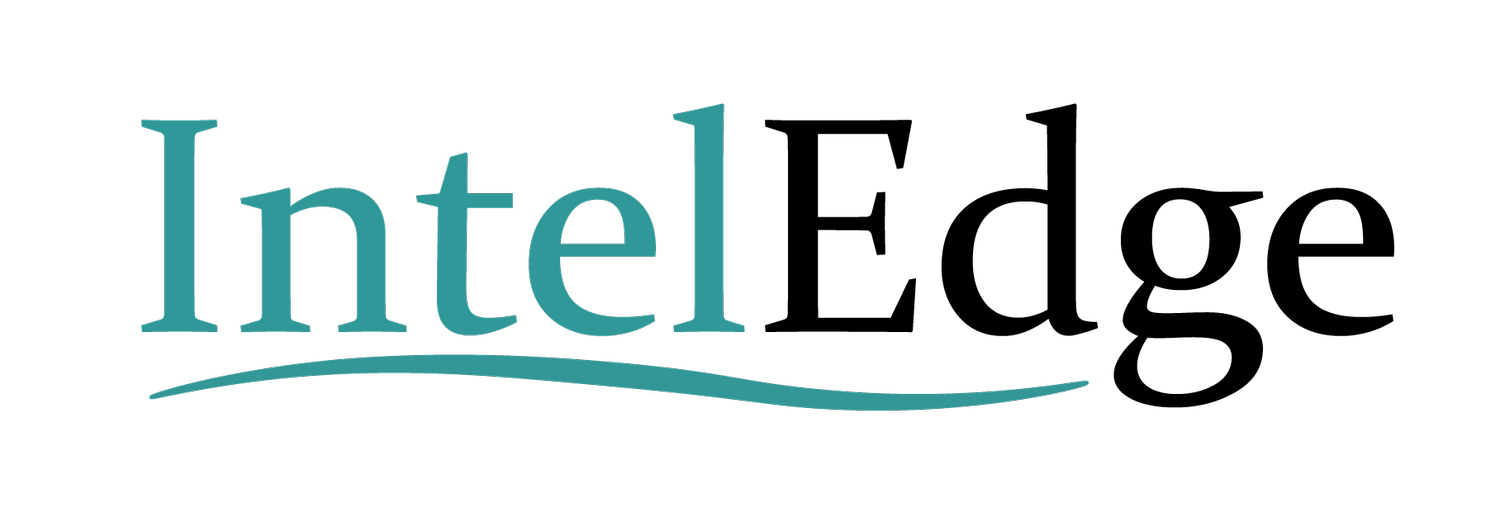Enhancing Financial Integrity and Security with Open Source Intelligence and Advanced Tradecraft
In a world where financial systems are integral to the well-being of nations and individuals alike, maintaining the integrity and security of financial institutions is paramount. Public confidence in the Canadian financial system is not just a matter of perception; it's a crucial element that underpins economic stability and growth. To this end, financial institutions must be unwavering in their commitment to maintaining high standards of integrity, security, and ethical behavior. IntelEdge’s open source intelligence (OSINT) and advanced tradecraft can play a pivotal role in solving these problems and ensuring compliance with regulatory requirements.
And this isn’t just our opinion, the Canadian government thinks so too.
1. Ensuring People are of Good Character
Ensuring that individuals involved in the financial sector are of good character is a foundational requirement. IntelEdge allows financial institutions to gain deeper insights into the backgrounds and reputations of employees, customers, and partners. Advanced tradecraft techniques can help identify potential red flags, such as undisclosed criminal records, financial improprieties, or associations with individuals or entities of concern.
Incorporating OSINT and advanced tradecraft in the hiring and vetting process can help institutions identify individuals who may pose a risk to the organization's integrity. By doing so, they can maintain a workforce composed of individuals with strong moral and ethical principles.
2. Promoting a Culture Conducive to Ethical Behavior
Promoting ethical behavior within financial institutions is not just about having the right policies and procedures in place; it's about fostering a culture where integrity is ingrained in every decision and action. IntelEdge can be used to monitor and assess the public image and behavior of employees and executives and our advanced tradecraft techniques can help identify any signs of misconduct or behavior inconsistent with the institution's values. Keep in mind that we offer real-time monitoring as well, meaning that we can keep an eye on an institutions welfare and culture at all times so as to stay on top of and notice anything potentially negative that would have otherwise surprised you.
When discrepancies are detected, institutions can take corrective actions, such as additional training, counseling, or, in severe cases, removal of individuals who compromise the ethical culture. By integrating these measures, organizations can create a culture of ethical behavior that permeates every level of the institution.
3. Subjecting Actions, Omissions, and Decisions to Sound Governance
Sound governance is essential in ensuring that actions, omissions, and decisions within financial institutions are aligned with the institution's values and the broader regulatory framework. IntelEdge can help uncover information that might indicate questionable activities or associations that could compromise governance. Advanced tradecraft can enhance the capacity to detect clandestine activities.
With these tools, institutions can proactively monitor for deviations from sound governance and implement swift corrective measures. By doing so, they maintain the confidence of their stakeholders and uphold the principles of transparency, accountability, and prudent oversight.
4. Verifying Compliance with Relevant Standards, Regulation, and Law
Compliance with standards, regulations, and the law is not just a legal obligation but a means to ensure the security and stability of the financial system. IntelEdge’s suite of technology and tradecraft can be employed to track changes in regulatory landscapes, monitor emerging risks, and gather intelligence on compliance trends across the industry. Furthermore, we can help in the identification of potential non-compliance through our methods of indirect means.
By utilizing these tools, financial institutions can adapt their policies and procedures in real-time to remain in compliance with evolving regulations. This proactive approach minimizes risks and safeguards the interests of depositors, policyholders, and creditors. It also keeps regulators and government off your back by showing that you take these issues seriously.
In conclusion, the financial integrity and security of Canadian institutions are paramount, and the role of OSINT and advanced tradecraft in achieving this cannot be overstated. By incorporating IntelEdge’s methods, financial institutions can fulfill the requirements of ensuring good character, promoting ethical behavior, upholding sound governance, and verifying compliance with relevant standards and regulations. Through these measures, the trust and confidence of the public in the Canadian financial system will be preserved, securing the interests of all stakeholders.
